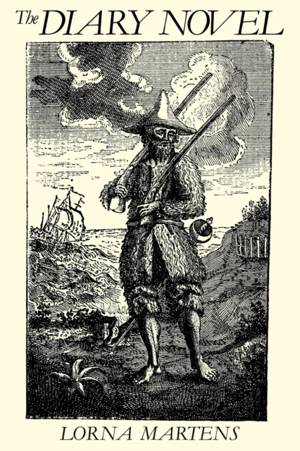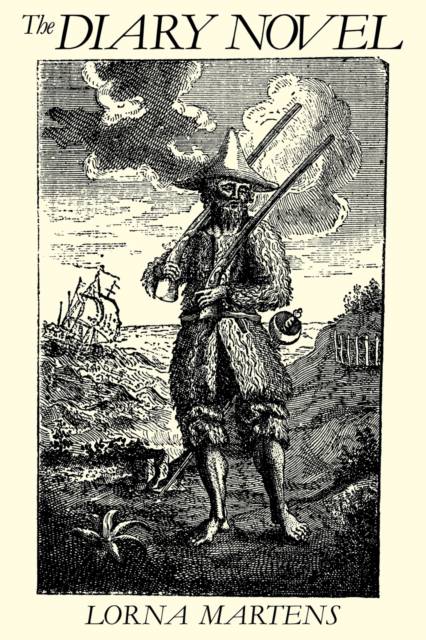
- Afhalen na 1 uur in een winkel met voorraad
- Gratis thuislevering in België vanaf € 30
- Ruim aanbod met 7 miljoen producten
- Afhalen na 1 uur in een winkel met voorraad
- Gratis thuislevering in België vanaf € 30
- Ruim aanbod met 7 miljoen producten
Zoeken
Omschrijving
Although the diary novel is often regarded as a twentieth-century genre due to its particular popularity in this century, the form actually has a long history that originates in the eighteenth century. The Diary Novel is the first book to trace that history, concentrating on French, German and English works with some attention given to Russian and Scandinavian traditions as well. Beginning with a discussion of the definition of the diary novel and some observations about genre study and criticism, Lorna Martens proceeds with interpretations of major diary novels by writers such as Defoe, Gide, Rilke, Frisch, Butor and Lessing. The Diary Novel includes sections on the influence of Richardson and the letter journal novel, the publication of the journaux intimes, psychological fiction, reliability of the narrator and the contemporary diary novel.
Specificaties
Betrokkenen
- Auteur(s):
- Uitgeverij:
Inhoud
- Aantal bladzijden:
- 320
- Taal:
- Engels
Eigenschappen
- Productcode (EAN):
- 9780521108256
- Verschijningsdatum:
- 9/04/2009
- Uitvoering:
- Paperback
- Formaat:
- Trade paperback (VS)
- Afmetingen:
- 152 mm x 229 mm
- Gewicht:
- 471 g

Alleen bij Standaard Boekhandel
+ 121 punten op je klantenkaart van Standaard Boekhandel
Beoordelingen
We publiceren alleen reviews die voldoen aan de voorwaarden voor reviews. Bekijk onze voorwaarden voor reviews.











